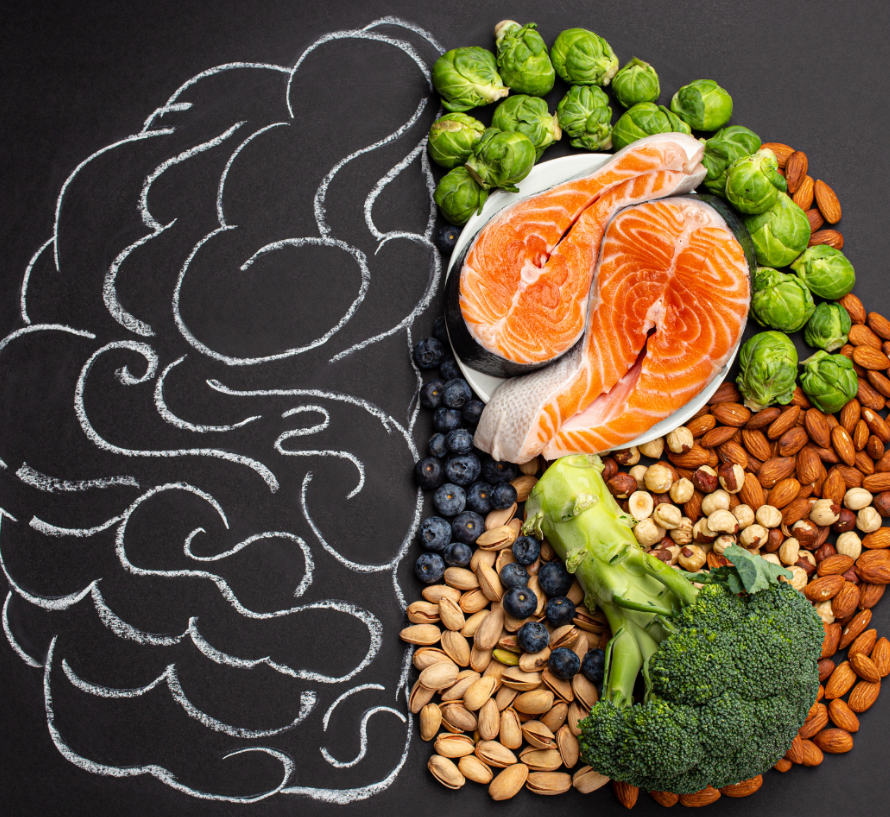
How Diet Can Impact Your Mental Health
It’s True, What you Eat can Impact your Mental Health
For centuries, we have utilized nutrition as a tool to treat many chronic and acute diseases, but it was not until 2005 that researchers began considering nutrition as a possible treatment for mental illness.
“There’s a lot of new research on how diet can impact mental health and the fact that diet not only serves as prevention but also helps in treatment for depression and other clinical mental health conditions,” says RVNAhealth’s Registered Dietitian, Monica Marcello, MS, RD. “I try to make practical recommendations and give people a fresh perspective on why they should consider making small changes to their nutrition or dietary and lifestyle habits. It’s not just about your body size, it’s also about your internal happiness and quality of life.”
So, what can we do to improve our mental health through diet? Research suggests that you can both prevent and treat mental health, namely depression, by following a few basic principles: eat unprocessed whole food, plant-focused meals; eat plenty of fresh fruits and vegetables (about 8 different vegetables and 3 different fruits per day); make extra virgin olive oil your primary source of fat; and finally enjoy a daily serving of foods rich in probiotics (e.g. yogurt and fermented foods such as sauerkraut and kombucha) and prebiotics (e.g. garlic, onions, bananas, asparagus, watermelon).
To book an appointment with Monica, or learn more about RVNAhealth’s nutrition services, email nutrition@rvnahealth.org. For other questions about RVNAhealth, please contact us at 203.438.5555.